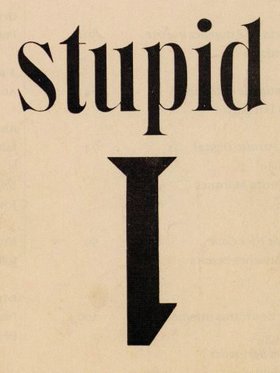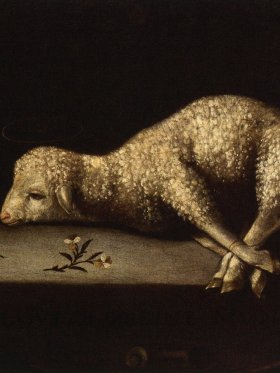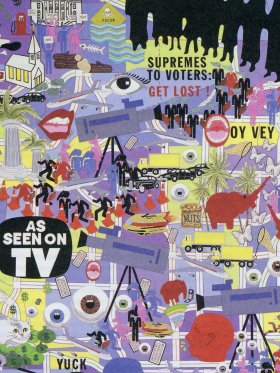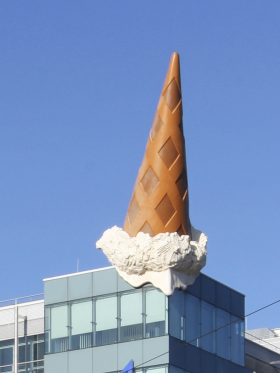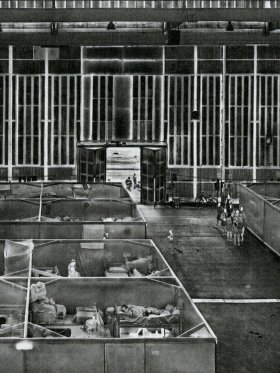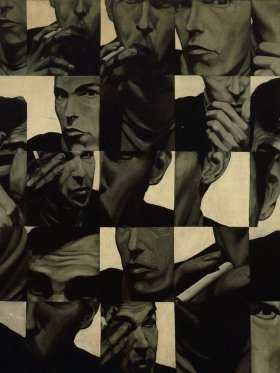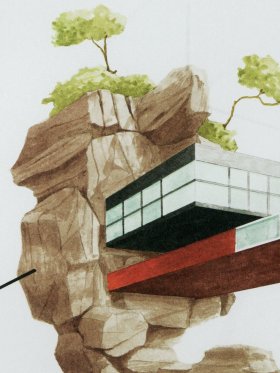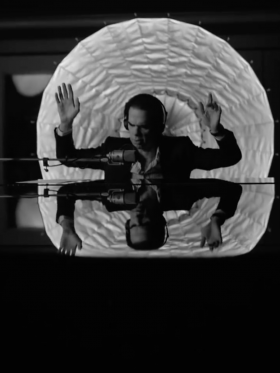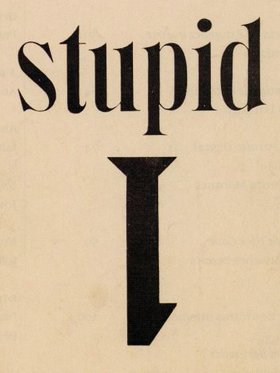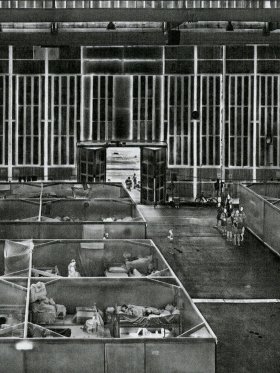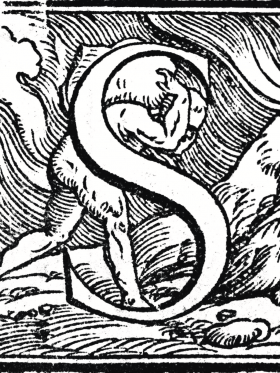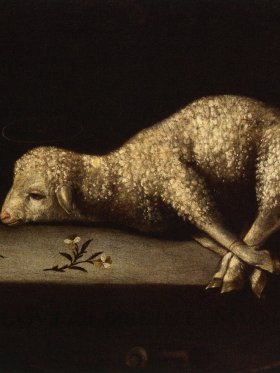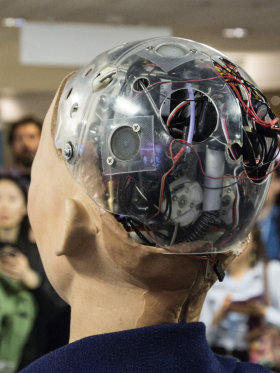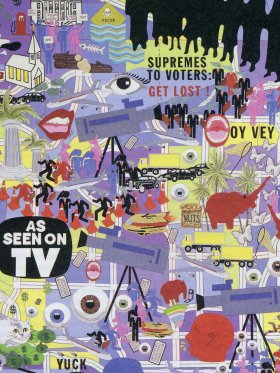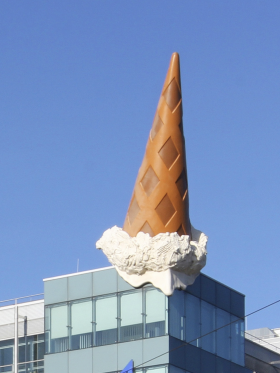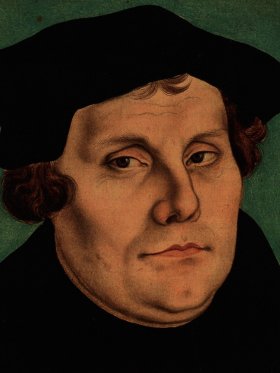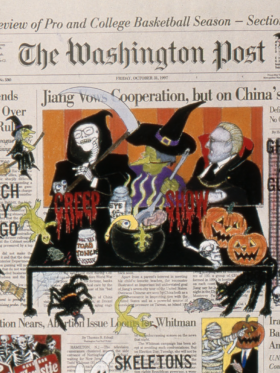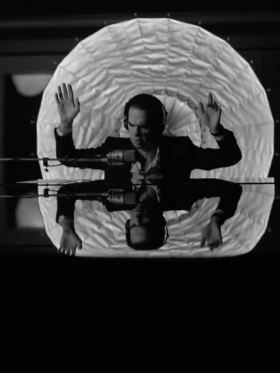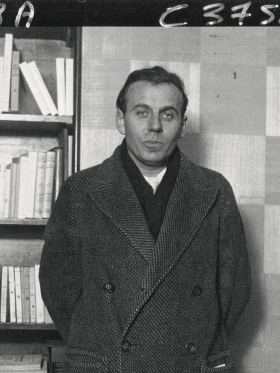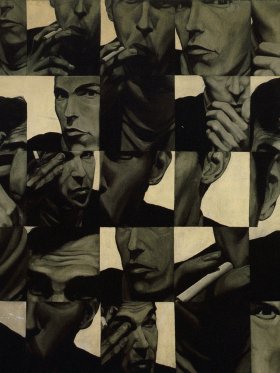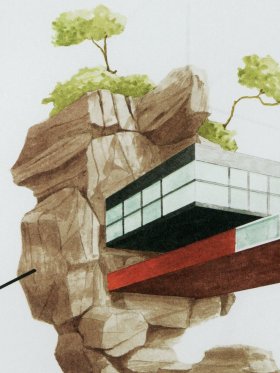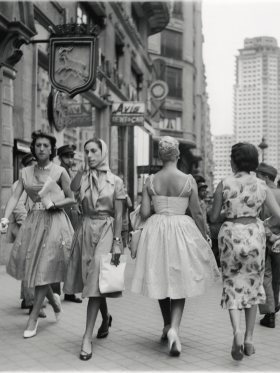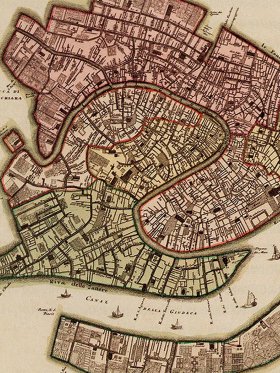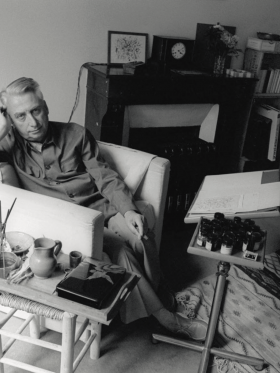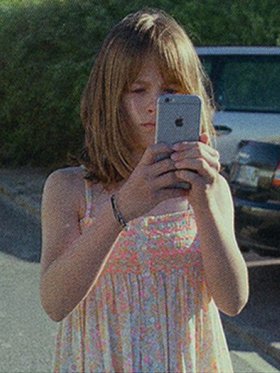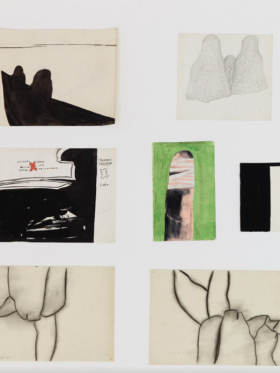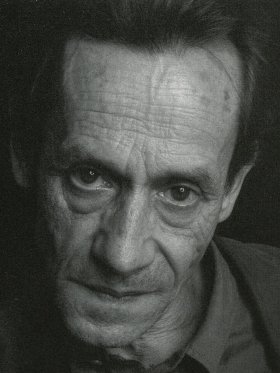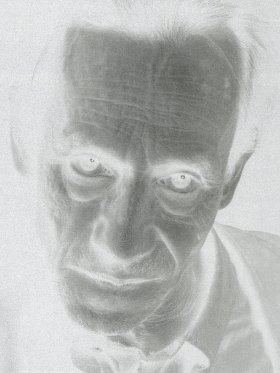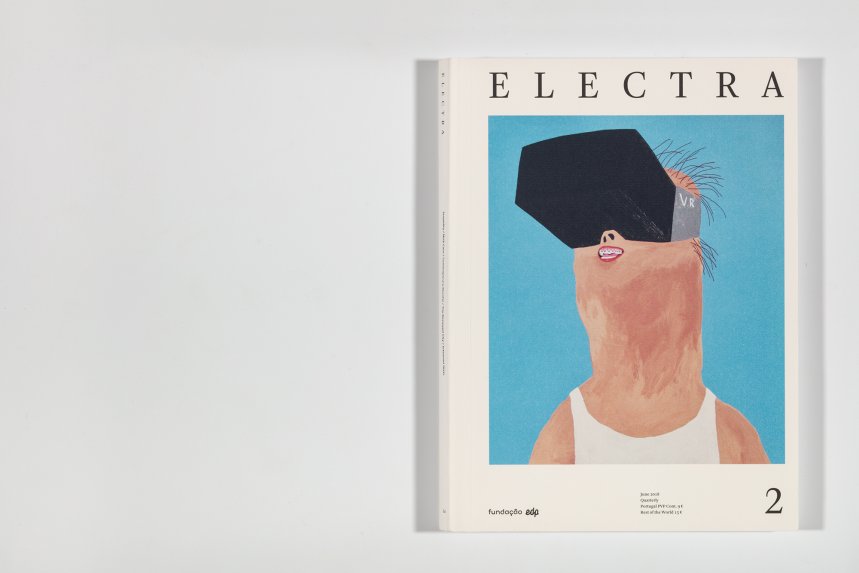
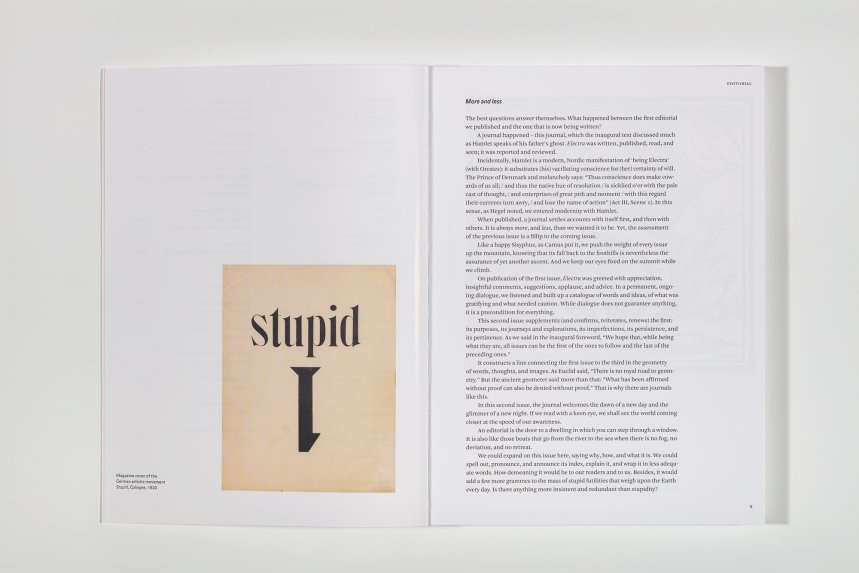
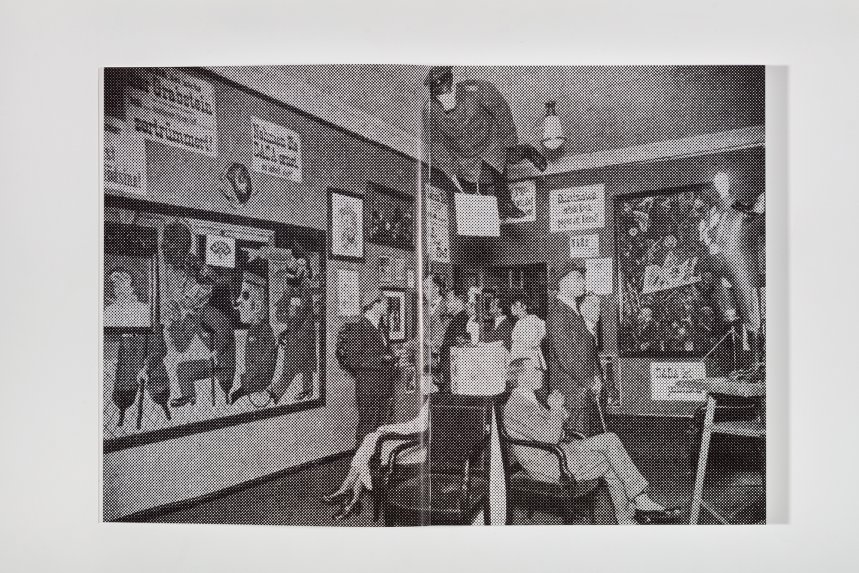
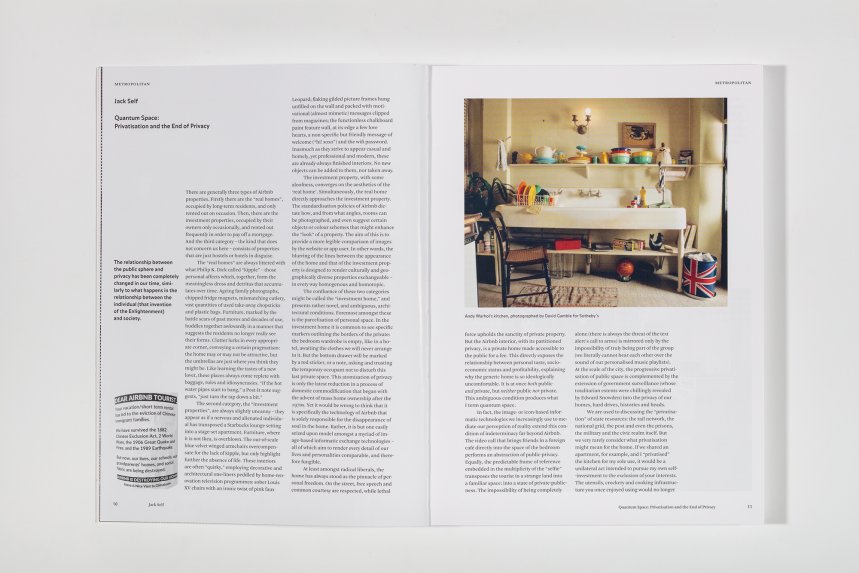
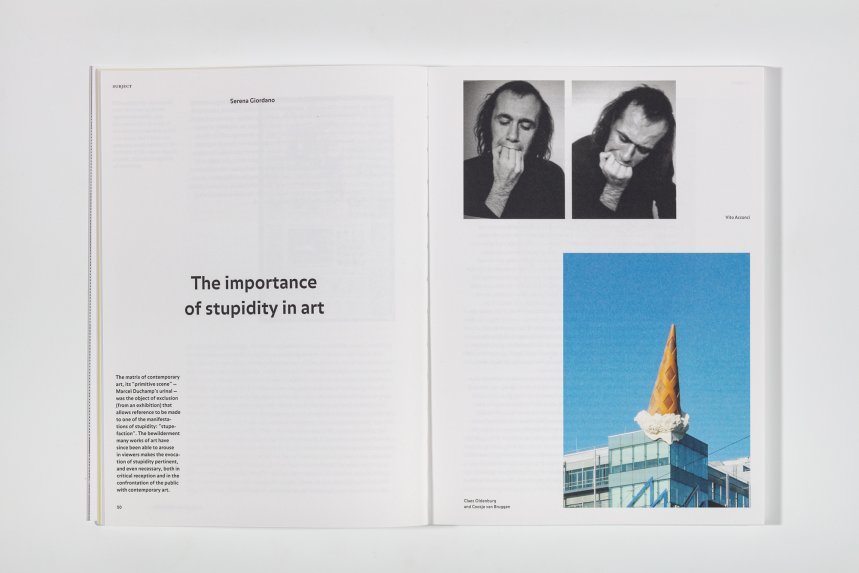
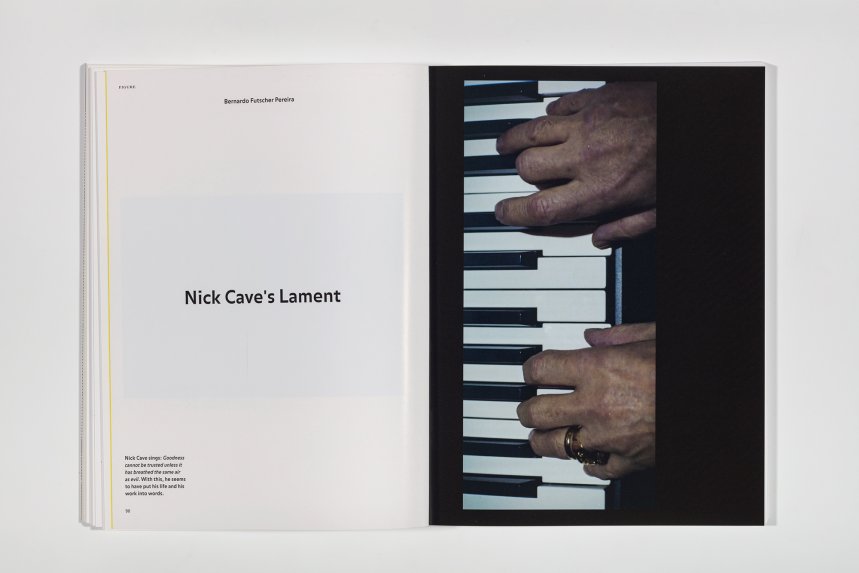
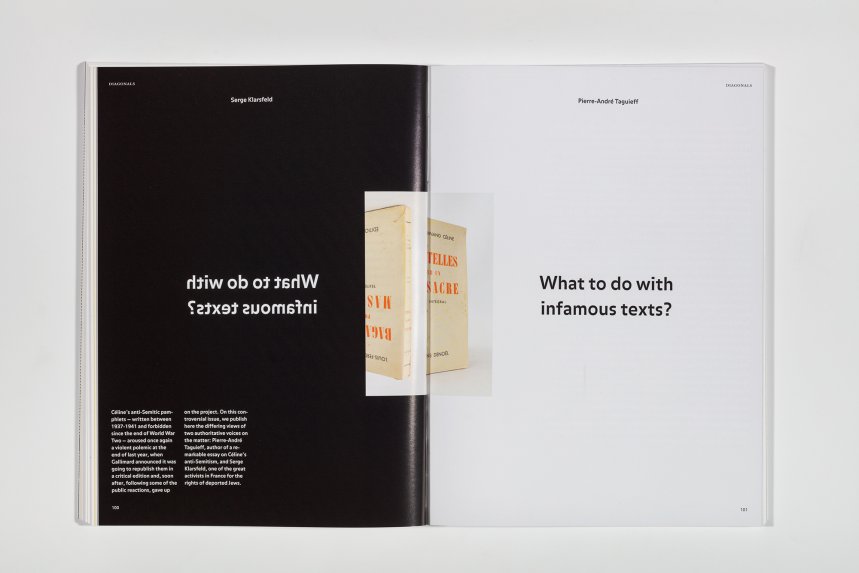
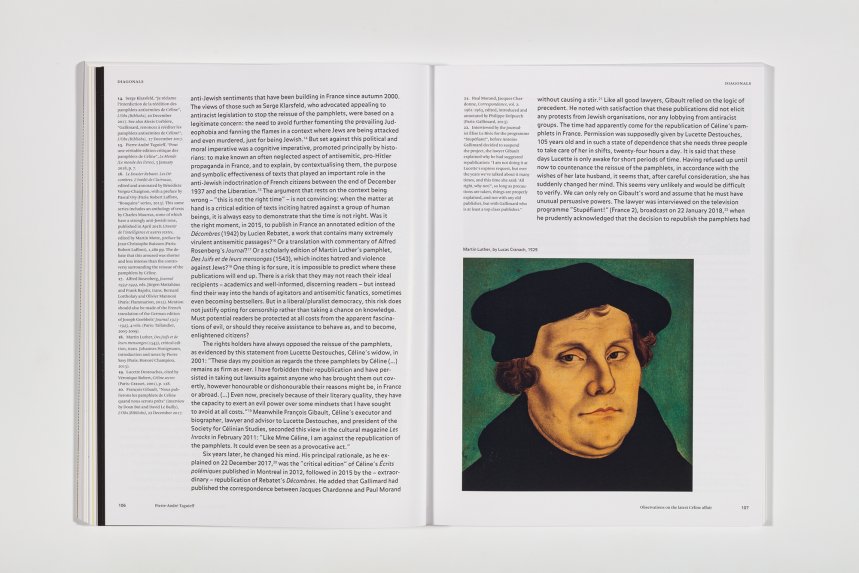
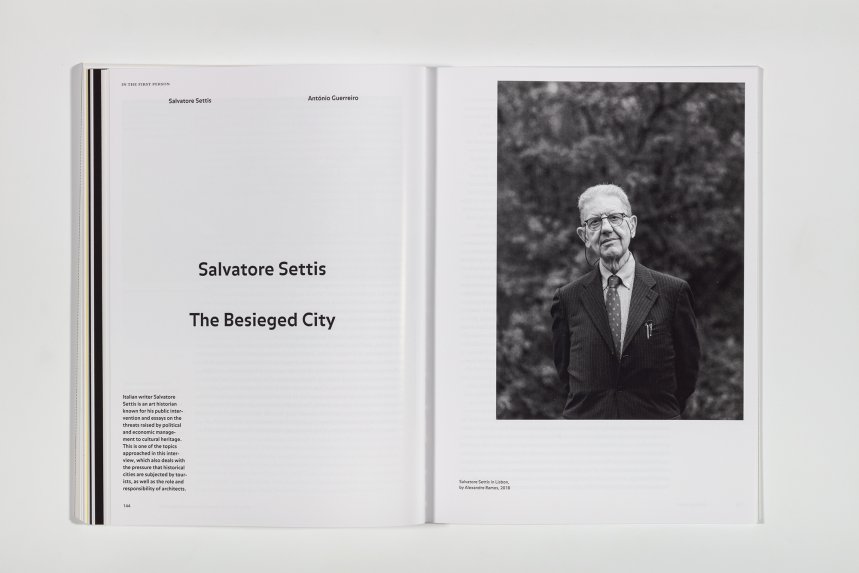
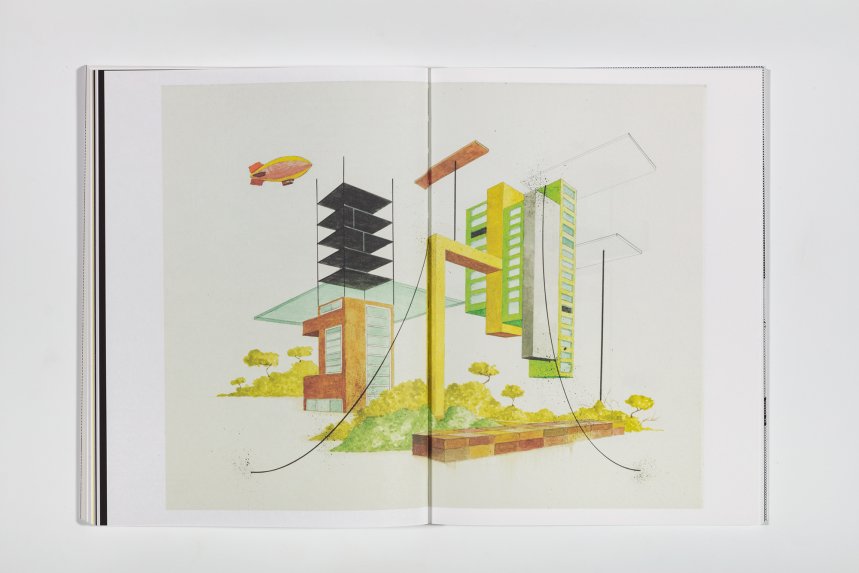
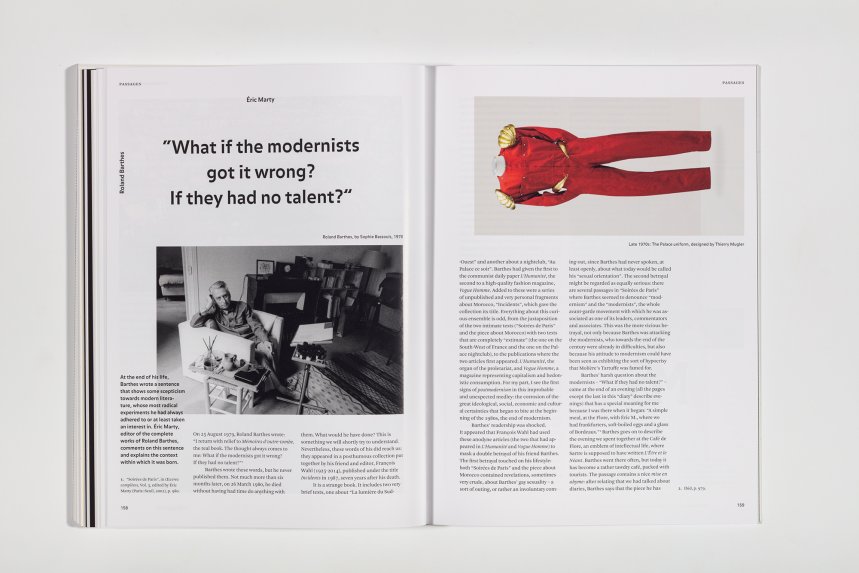
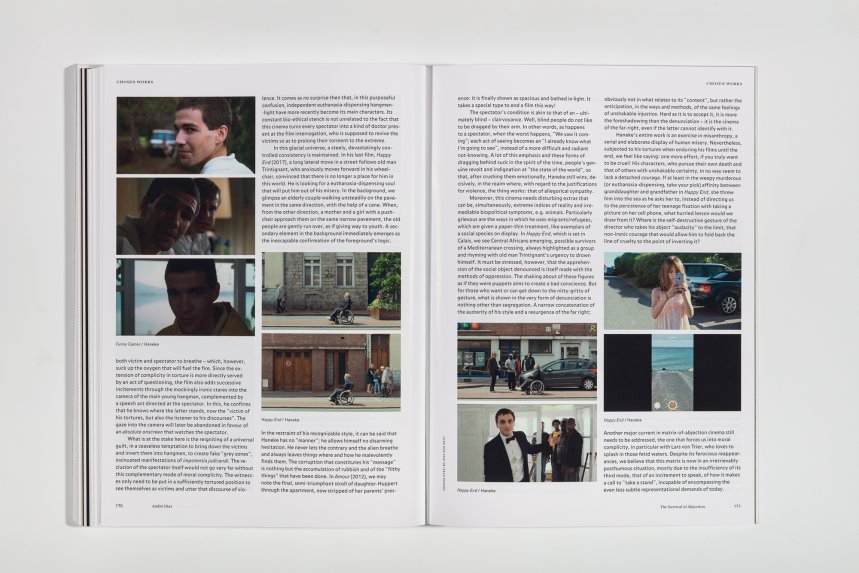
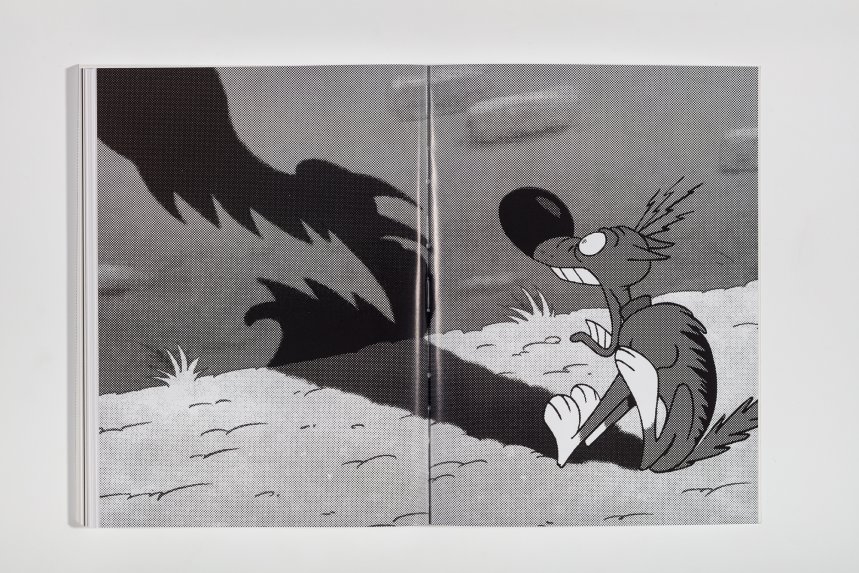
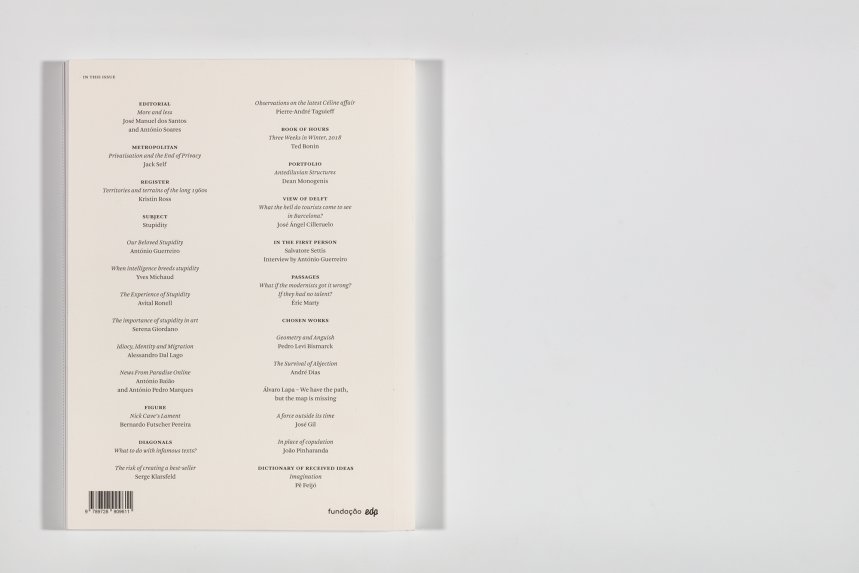
“Stupidity” is the subject of the second edition dossier of Electra magazine. Social and political, collective and individual stupidity. The stupidity of our times, because – and quoting Flaubert – “stupidity is of all times, but each time has its own stupidity”. This subject is approached by Yves Michaud, philosophy professor and art critic, with an essay about the impact of mass and surplus of information; by American philosopher Avital Ronell, who analyses the phenomenon and concept of stupidity, and the way that it can be appropriated by philosophy and literature; by Italian artist Serena Giordano, who explores the importance of stupidity in art; and by sociologist Alessandro Dal Lago, with the article “Idiocy, Identity and Migrations”; António Baião and António Pedro Marques discuss the triumph of the narrative of stupidity in the digital public space.
This edition’s interviewee is Salvatore Settis, art historian and archaeologist, known for his public speaking and essays about the way in which political and economic management can pose a threat to heritage. Taking Airbnb as an example, British architect and curator Jack Self addresses the changes in the relationship between public and private. Catalan author José Ángel Cilleruelo talks about his city and leaves us with this provocative question: what the hell do tourists come to see in Barcelona?
The controversy around the reprinting of anti-Semitic pamphlets by French writer Louis-Ferdinand Céline is also addressed in Electra, with two experts presenting opposing views on these “infamous texts”: Pierre-André Taguieff, philosopher and political scientist, and Serge Klarsfeld, activist and “Nazi hunter”.
This second edition also includes a portfolio by the American artist Dean Monogenis; a journal by Ted Bonin, New York gallerist; and a profile on Nick Cave by Bernardo Futscher Pereira. Éric Marty discusses a quote by Roland Barthes and explains the context in which it emerged; historian Kristin Ross marks the event of May 68, its consequences and its relevance.
In the section “Chosen Works”, Pedro Levi Bismarck tells us about skyscrapers and their problematic relationship with the city; André Dias addresses abjection in contemporary film; João Pinharanda and José Gil visit the retrospective exhibition of the artist Álvaro Lapa, held at the Contemporary Art Museum in the Serralves Foundation. In the section “Dictionary of Received Ideas”, Pê Feijó writes about the word “imagination”.
